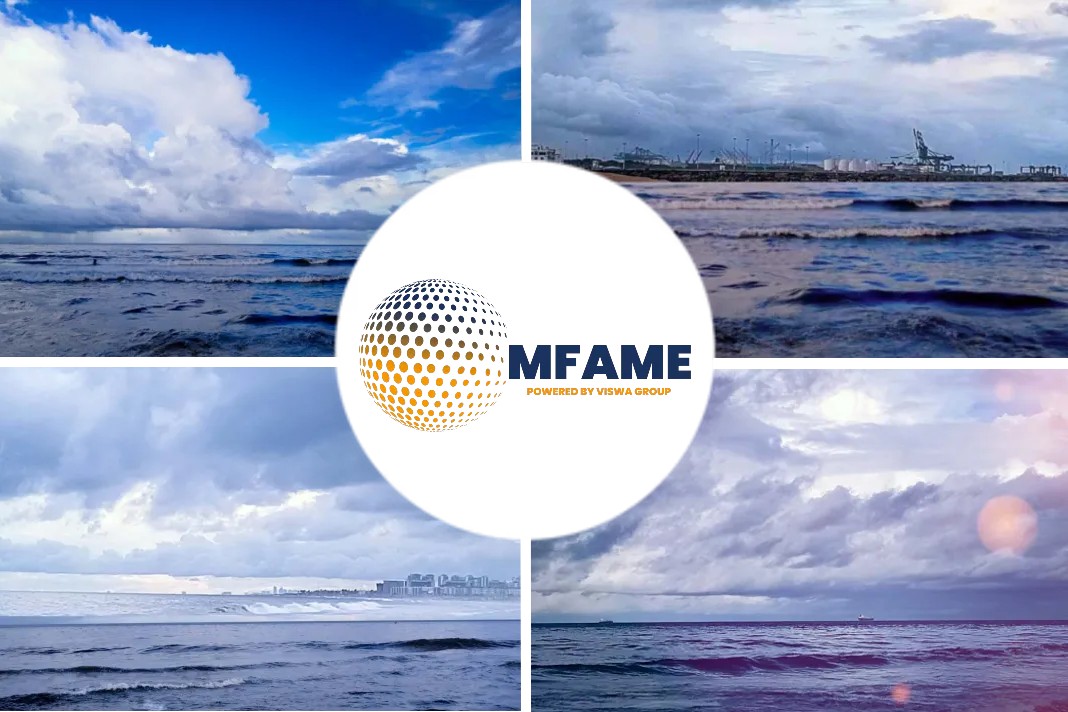
- The partnership aims to help bridge the transparency gap between digitalisation and decarbonisation by enabling the secure and scalable exchange of data.
- Decarbonising the global shipping industry is estimated to require between US$1 trillion to US$1.4 trillion in investment.
- A data infrastructure like GSBN can integrate data across the supply value chain from stakeholders to inform decision making and thus accelerate maritime decarbonisation.
Global Shipping Business Network (GSBN), an independent not-for-profit technology consortium building a trusted digital platform to redefine global trade, has signed a Knowledge Partnership Agreement with the Global Centre for Maritime Decarbonisation (GCMD).
Decarbonization agreement
The partnership aims to help bridge the transparency gap between digitalisation and decarbonisation by enabling the secure and scalable exchange of data pertaining to decarbonisation initiatives.
GCMD is a non-profit organisation which aims to help the shipping industry lower Green House Gas (GHG) emissions to meet the International Maritime Organization’s goals for 2030 and 2050, by shaping standards for future fuels, piloting low-carbon solutions, financing first-of-a-kind projects and fostering collaboration among stakeholders.
Global shipping decarbonization
Decarbonising the global shipping industry is estimated to require between US$1 trillion to US$1.4 trillion in investment.
To bridge this gap and successfully achieve a low-carbon future there are many challenges that need to be addressed and choices that need to be made.
Core to this is a need to accurately measure and track emissions reduction data across the supply chain to ensure compliance, access to green financing as well as provide accountability of decarbonisation investments.
Effectiveness of blockchain platform
Under this partnership agreement, GCMD and GSBN will collaborate to identify use cases and co-design corresponding studies and pilots to demonstrate the effectiveness of using a blockchain platform to enable decarbonisation of the maritime sector at scale.
Many platforms in the market host data collected from segments within the supply value chain for specific purposes. However, this results in data siloes.
A data infrastructure like GSBN can integrate data across the supply value chain from stakeholders, including shipping lines and terminals, to inform decision making and thus accelerate maritime decarbonisation.
Shipping lines and its customers working together
Bertrand Chen, CEO at GSBN, said, “To successfully achieve decarbonisation there must be choice and trust. Shipping lines and their customers want to have the choice of different alternative fuels and solutions.
Given the substantial investment and resources that go behind these initiatives, there is an increasing need for trusted, granular data to support decision making and prove claims of sustainable shipping.
By combining GCMD’s work in driving decarbonisation with our trusted data infrastructure, we can together accelerate and empower the shift towards a low carbon future in shipping.”
Combination that improves transparency
Professor Lynn Loo, CEO at GCMD, added, “We are excited to have GSBN come onboard as a Knowledge Partner. GCMD recognises the importance of data security and trust to improve decision-making, attract investment, and ultimately accelerate decarbonisation of the industry.
GSBN’s specialisation in data infrastructure complements our domain and technical expertise in decarbonisation, the combination of which will increase transparency and build stakeholder confidence in our collective journey towards zero-carbon shipping.”
Did you subscribe to our Newsletter?
It’s Free! Click here to Subscribe.
Source: GC For MD
















